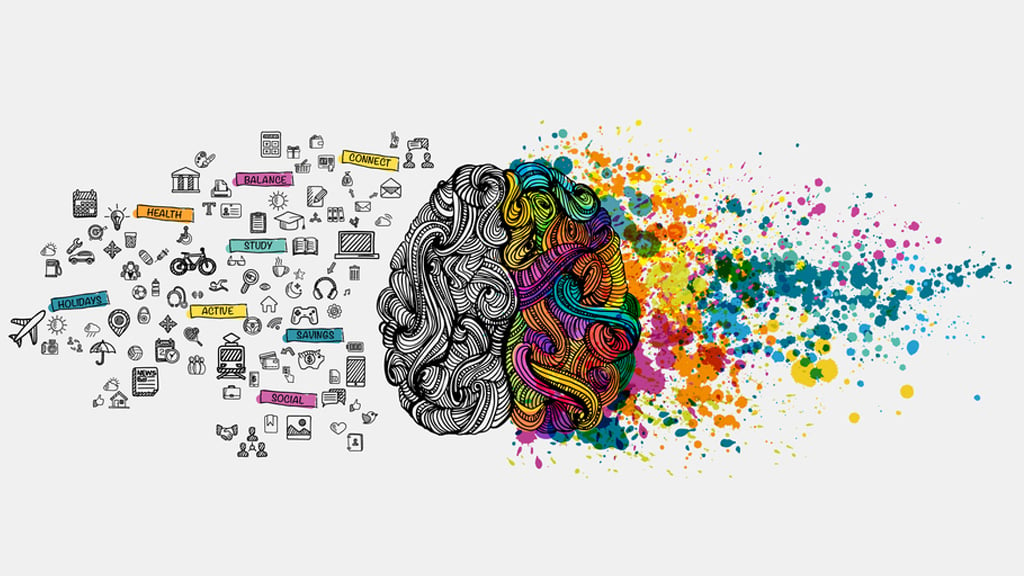Steps to Access Professional Inpatient Mental Health Treatment
Wiki Article
Inpatient Mental Wellness Providers: A Path to Healing and Stability
Inpatient psychological health solutions play a critical function in addressing severe emotional situations, offering a thoroughly structured environment that cultivates recovery and stability. The intricacies of the admission procedure and the significance of aftercare raise critical inquiries concerning ease of access and efficiency in the wider context of mental health treatment.Recognizing Inpatient Mental Health Services
Inpatient mental wellness services are vital for supplying structured and extensive like people experiencing extreme emotional distress or mental disease. These solutions generally entail the admission of patients to specialized centers where they get round-the-clock supervision and assistance from a multidisciplinary team of mental wellness experts. The primary goal of inpatient treatment is to stabilize clients, ensuring their security and attending to intense signs that might present a threat to themselves or others.Inpatient programs commonly consist of a variety of healing interventions, consisting of specific and team treatment, drug management, and psychoeducation. The organized setting is made to promote recovery by offering a regular regimen, lessening outside stressors, and helping with the growth of dealing techniques.
When outpatient treatment alternatives have actually shown inadequate or when a person is in situation,Admission to inpatient solutions is usually considered. Facilities might vary in regards to their specific emphasis, with some specializing in certain conditions such as anxiety, anxiety, or material use. Through extensive assessments and tailored therapy plans, inpatient psychological wellness solutions intend to give the needed support for individuals to reclaim security and get ready for a shift to less extensive levels of treatment.
Benefits of Inpatient Care
The benefits of inpatient care are substantial, particularly for people facing acute mental health and wellness challenges. Inpatient therapy offers an organized setting that fosters healing by reducing stress factors and disturbances connected with day-to-day live. This controlled setting permits patients to focus solely on their psychological health, assisting in the essential time for healing.
Moreover, inpatient treatment deals 24/7 accessibility to clinical and healing support. This constant availability makes certain that clients can get instant interest throughout dilemmas, which is important for those experiencing serious episodes - inpatient mental health treatment. The collective method amongst clinical personnel, consisting of psychoanalysts, therapists, and nurses, boosts the high quality of care and advertises a detailed treatment plan tailored to individual needs
Furthermore, the common aspect of inpatient care cultivates a sense of belonging and assistance amongst clients. Team therapy sessions and shared experiences can reduce feelings of isolation, urging people to participate in their recuperation actively.
In addition, inpatient programs commonly give patients with important coping approaches and abilities that can be testing to develop in outpatient settings. By dealing with underlying issues within an encouraging structure, inpatient care can result in a lot more steady end results and a smoother change back to daily life, eventually leading the course to sustained healing.
Treatment Approaches and Therapies
Different treatment methods and therapies are utilized in inpatient psychological wellness solutions to resolve the special demands of each patient. These methods are made to help with recuperation and promote emotional security in a structured atmosphere.
Cognitive Behavior Therapy (CBT) is a widely utilized method, aiding people in determining and changing unfavorable idea patterns that add to their mental health and wellness issues - inpatient mental health services. Dialectical Behavior Modification (DBT) is one more reliable method, specifically for those with borderline character disorder, concentrating on psychological guideline and social performance
Pharmacotherapy plays an essential function in therapy, with psychiatric medications prescribed to take care of signs of problems such as schizophrenia, depression, and anxiousness. Routine surveillance and modifications make certain the efficiency of these medicines while minimizing negative effects.
Group therapy promotes a sense of area and assistance among people, enabling them to share experiences and coping techniques. In addition, alternative therapies, such as art and songs treatment, advertise self-expression and psychological healing.
Ultimately, the combination of these diverse healing modalities offers a thorough therapy strategy Inpatient Mental Health Program customized per person's certain needs, intending to improve their total wellness and facilitate an effective change back right into day-to-day life.
The Admission Refine
Browsing the admission process for psychological health and wellness solutions is a critical very first step towards recuperation. Throughout this analysis, the person's mental wellness history, symptoms, and instant needs are thoroughly taken a look at.Once the assessment is completed, the next step entails reviewing the potential treatment choices. The individual and the therapy team collaboratively select the finest strategy, which may include inpatient care if the scenario is considered serious. This is adhered to by the conclusion of needed documents, including insurance coverage confirmation and permission types, to make sure that all financial and legal facets are resolved.
Furthermore, household involvement might be urged throughout this phase to provide support and collect viewpoints on the person's scenario. Inevitably, the admission procedure intends to create a risk-free and helpful environment for the patient, permitting a smooth transition right into inpatient treatment. By taking part and understanding in this procedure, individuals can take a crucial step towards attaining psychological health stability and healing.

Aftercare and Ongoing Support
After completing an inpatient mental wellness program, people typically face the critical task of transitioning to aftercare and continuous support, which are vital for continual recovery. This phase is essential for strengthening the abilities and coping devices found out throughout the inpatient remain, making sure that individuals remain to proceed in their psychological wellness journey.Aftercare commonly involves a mix of outpatient treatment sessions, support system, and medication monitoring. Engaging in regular treatment allows people to resolve recurring challenges and develop approaches to deal with stressors in their day-to-days live. Assistance teams offer a sense of community and common experience, cultivating connection and understanding amongst peers encountering similar struggles.
Additionally, recurring assistance might consist of family participation, where loved ones are educated about psychological wellness issues and motivated to take part in the recuperation procedure. This all natural technique creates a robust assistance network, boosting the individual's chances of long-lasting stability.
Eventually, ongoing and aftercare support work as a bridge in between inpatient treatment and independent living, equipping people to browse their psychological health and wellness challenges with durability and confidence. Focusing on these resources is essential for cultivating a sustainable healing trajectory.
Final Thought

Inpatient psychological health solutions play a critical function in addressing severe psychological dilemmas, using a thoroughly organized environment that promotes recovery and security.Inpatient mental health and wellness services are vital for providing intensive and structured care to people experiencing serious emotional distress or mental illness. Via detailed assessments and customized therapy strategies, inpatient psychological health and wellness services intend to supply the necessary support for people to reclaim stability and prepare for a transition to less extensive degrees of treatment.

Report this wiki page